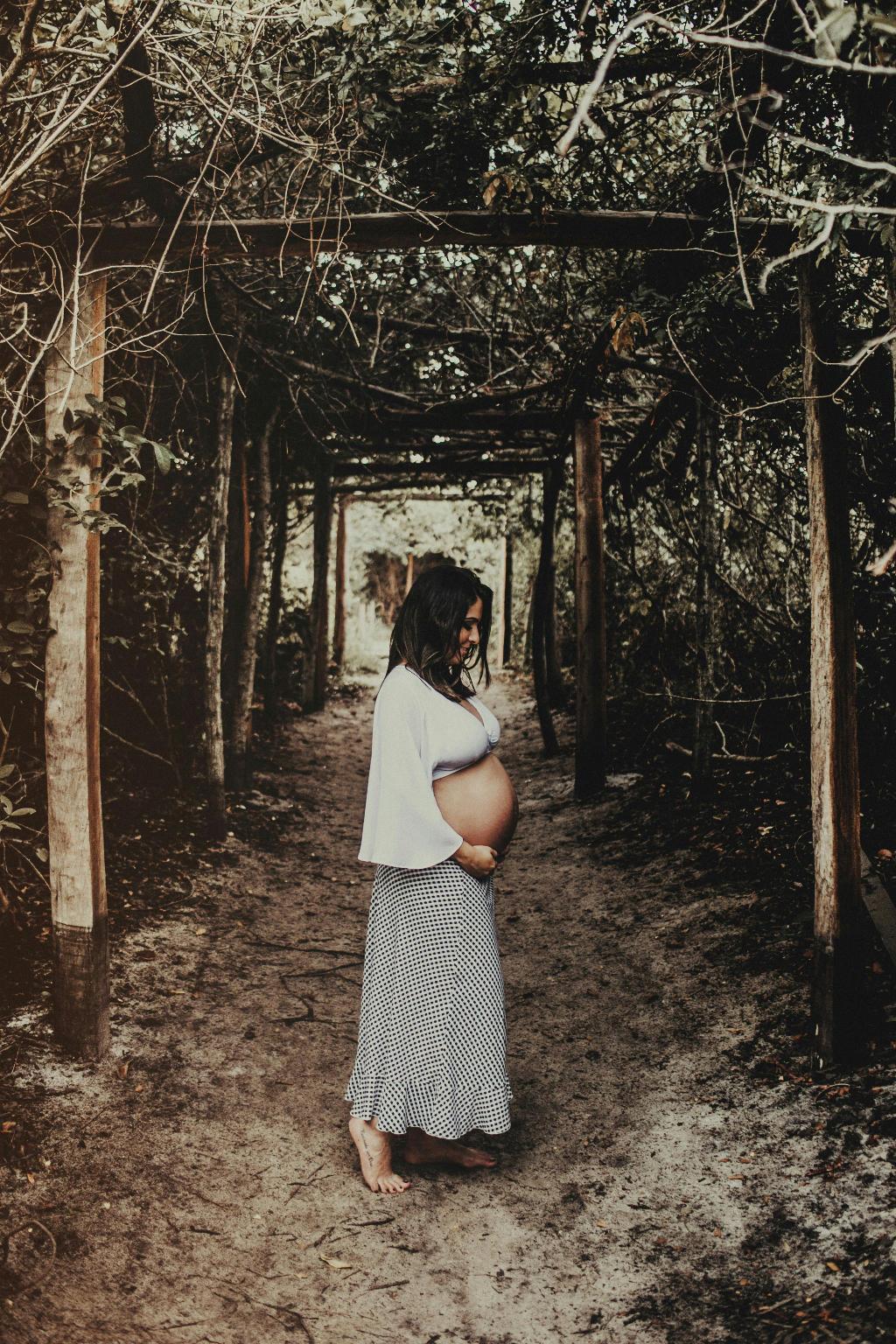When it comes to early pregnancy, spotting can be a common occurrence that may cause concern, but in most cases, it is completely normal. One type of spotting that you may experience in the early stages of pregnancy is known as implantation bleeding. This occurs when the fertilized egg attaches itself to the lining of the uterus, resulting in light bleeding that is often mistaken for a period.
Characteristics of Implantation Bleeding
Implantation bleeding typically occurs around the time your period would have been due, which can add to the confusion. However, there are some key characteristics that can help differentiate it from a regular period. The bleeding is usually very light, with a pink or brown tinge, and lasts for a shorter duration than a typical period. It may also be accompanied by mild cramping.
Other Types of Spotting
Aside from implantation bleeding, there are other reasons why you may experience spotting in early pregnancy. Hormonal changes can cause the cervix to become more sensitive, leading to light bleeding after intercourse or a pelvic exam. Additionally, the increased blood flow to the pelvic area during pregnancy can result in spotting.
When to Consult a Healthcare Provider
While spotting in early pregnancy is often considered normal, there are certain signs that may indicate a more serious issue. If the bleeding is heavy, bright red, accompanied by severe cramping, or persists for more than a few days, it is important to consult a healthcare provider. These could be indicators of a miscarriage or other complications.
Self-Care Tips for Managing Spotting
If you are experiencing spotting in early pregnancy, there are some self-care tips that may help alleviate any anxiety or discomfort. Taking it easy, staying hydrated, and avoiding strenuous physical activity can all be beneficial. It is also recommended to wear panty liners and avoid tampons to monitor the bleeding.
The Importance of Prenatal Care
Regular prenatal care is essential during pregnancy to ensure the health and well-being of both you and your baby. If you are experiencing spotting or any other concerning symptoms, do not hesitate to reach out to your healthcare provider for guidance and support. They can provide personalized advice based on your individual situation.
Conclusion
In conclusion, spotting in early pregnancy is a common occurrence that can be attributed to a variety of factors. Implantation bleeding, hormonal changes, and increased blood flow are all potential causes of spotting. While most cases of spotting are harmless, it is important to be aware of any warning signs that may indicate a more serious issue. By staying informed and seeking medical attention when needed, you can navigate the early stages of pregnancy with confidence and peace of mind.

